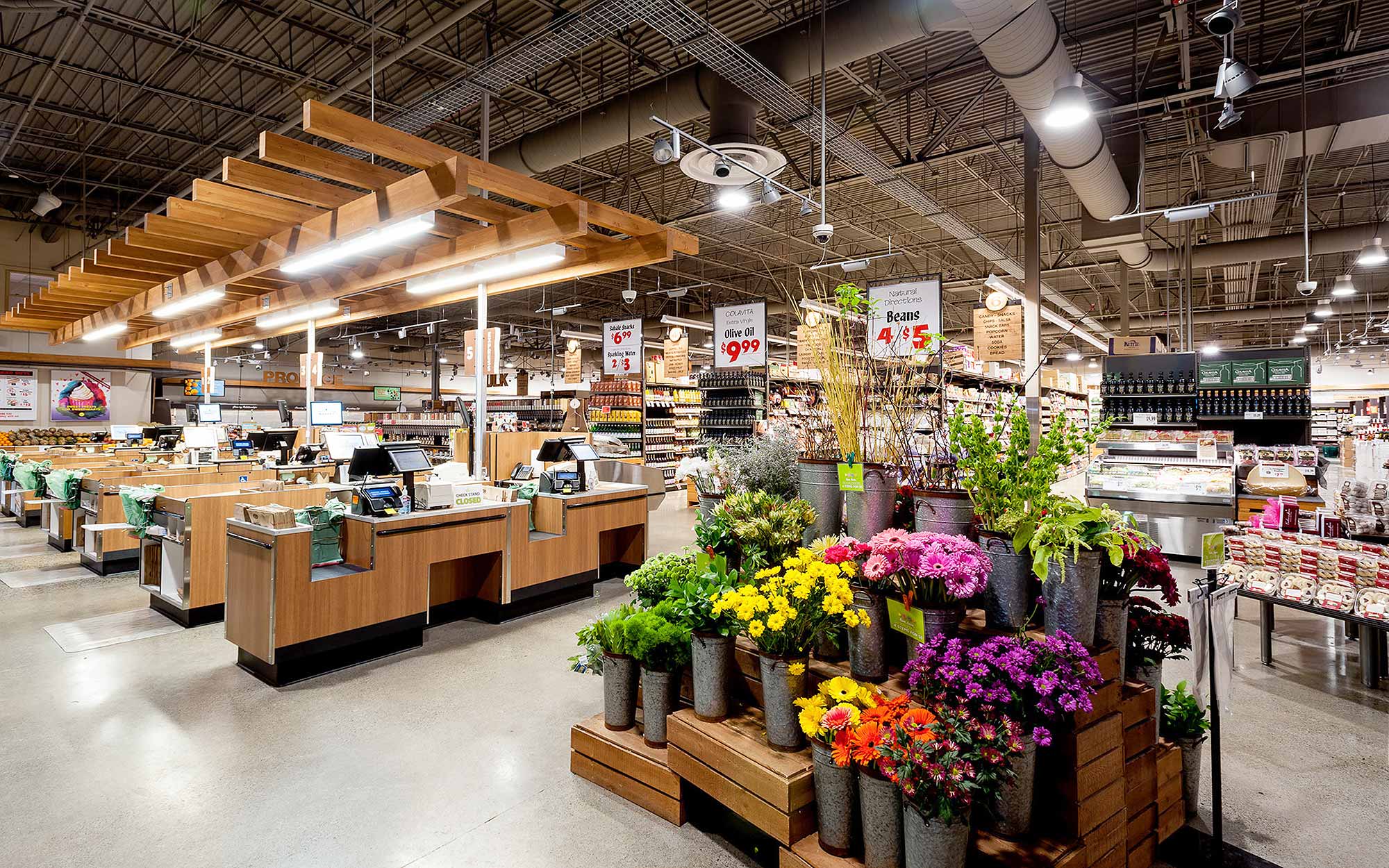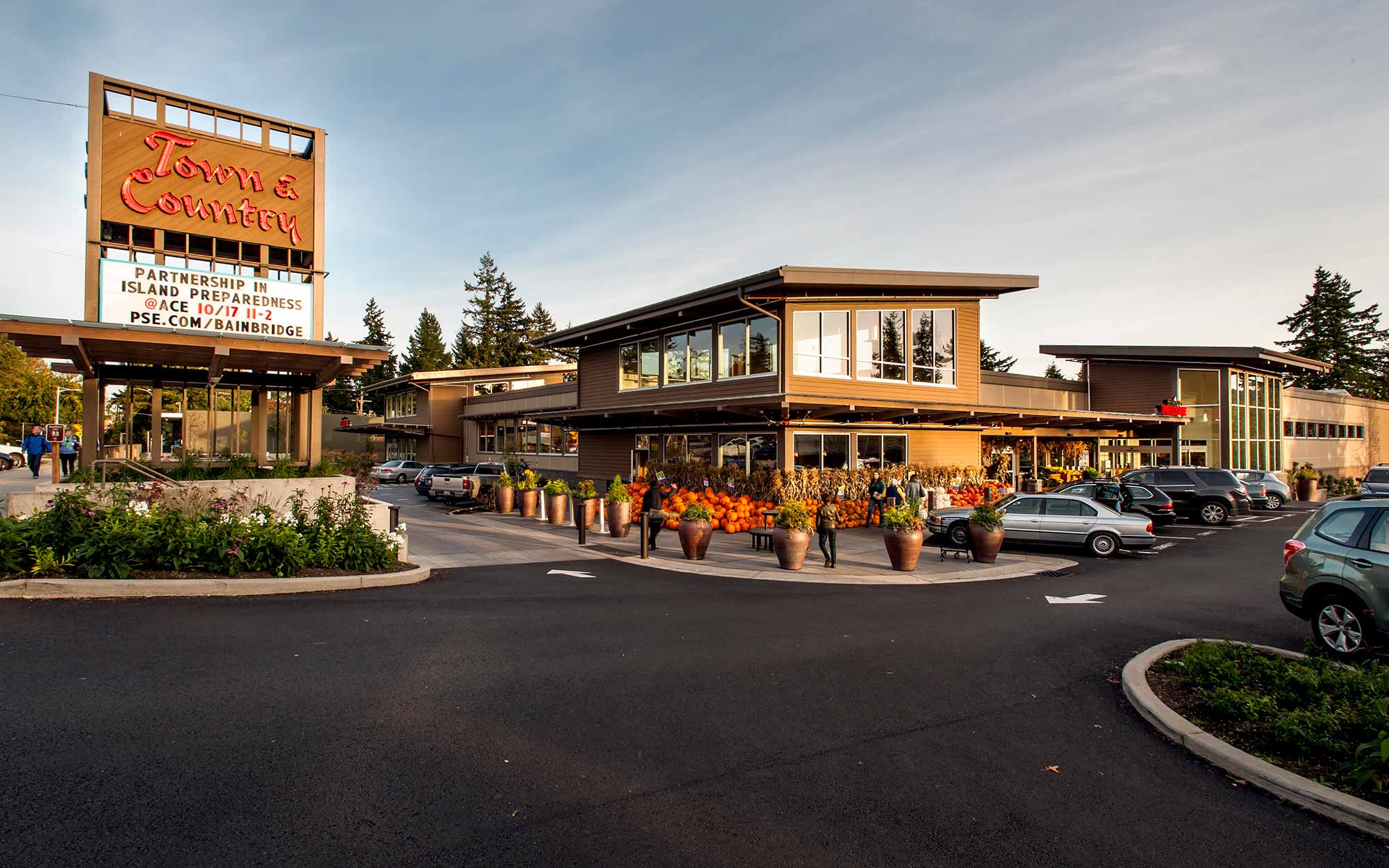Town and country markets are the heart of local commerce, often serving as a vibrant hub for communities to gather, shop, and celebrate their culture. These markets not only offer a wide range of products from local farmers and artisans but also create an engaging atmosphere that reflects the spirit of the town. They encourage community interaction, support local economies, and provide unique shopping experiences that cannot be found in traditional retail settings.
As the world becomes more interconnected, the importance of local markets has grown significantly. Town and country markets allow consumers to connect with the people who produce their food and crafts, fostering a sense of community and sustainability. Shoppers can find a variety of goods, from fresh produce to handmade crafts, all while enjoying the charm and character of their local area.
In this article, we will delve into the various aspects of town and country markets, exploring their history, significance, and the unique offerings that make them a cherished part of community life. We will also examine how these markets adapt to modern trends while maintaining their traditional roots.
What is the History of Town and Country Markets?
The origin of town and country markets can be traced back to medieval times when local vendors would gather in towns to sell their goods. These markets were essential for trade, allowing farmers and artisans to sell their products directly to consumers. Over time, they evolved into regular events, often held weekly or monthly, and became a staple of community life.
How Have Town and Country Markets Evolved Over Time?
As society progressed, town and country markets adapted to changing consumer demands and trends. They began incorporating a wider variety of products, including organic and artisanal goods, reflecting the growing interest in sustainability and local sourcing. Today, these markets often feature live music, food trucks, and family-friendly activities, making them a popular destination for both locals and tourists alike.
What Types of Products Can You Find at Town and Country Markets?
- Fresh fruits and vegetables
- Handmade crafts and artisanal goods
- Locally sourced meats and dairy products
- Baked goods and specialty foods
- Flowers and plants
Why Are Town and Country Markets Important for Local Communities?
Town and country markets play a crucial role in supporting local economies. By providing a platform for local farmers and artisans to sell their products, these markets help keep money within the community. This not only helps create jobs but also fosters a sense of pride and ownership among residents.
How Do Town and Country Markets Foster Community Connections?
In addition to supporting local businesses, town and country markets serve as a social gathering space for community members. They provide an opportunity for people to connect with their neighbors, share stories, and build relationships. This sense of community is essential for fostering a healthy and vibrant social fabric.
What Challenges Do Town and Country Markets Face Today?
Despite their many benefits, town and country markets face several challenges in the modern world. Competition from large grocery chains and online shopping can make it difficult for local vendors to thrive. Additionally, changing consumer preferences and economic fluctuations can impact the sustainability of these markets.
How Can You Support Your Local Town and Country Markets?
Supporting your local town and country markets is crucial for their continued success. Here are some ways you can help:
- Shop locally and prioritize products from market vendors.
- Spread the word about upcoming events and promotions.
- Volunteer your time to help organize market activities.
- Engage with vendors on social media to promote their products.
What Events and Activities Are Commonly Held at Town and Country Markets?
Many town and country markets host a variety of events throughout the year to engage the community and attract visitors. Common activities include:
- Seasonal festivals and celebrations
- Cooking demonstrations and workshops
- Live music and entertainment
- Kids’ activities and educational programs
What Is the Future of Town and Country Markets?
The future of town and country markets looks promising as more people recognize the importance of supporting local economies and sustainable practices. As these markets continue to adapt to changing consumer preferences, they will likely incorporate more digital elements, such as online ordering and delivery services, while still maintaining their unique charm and community focus.
In conclusion, town and country markets are much more than just a place to shop; they are vibrant community hubs that foster connections, support local businesses, and celebrate the unique culture of each area. By engaging with and supporting these markets, we can help ensure their continued success and the preservation of our local communities.
Discover The Joy Of Sheltie Puppies: Your Ultimate Guide
Understanding The Risks: Can Chickens Have Avocado?
Unveiling The Legacy Of Thurman White: A Journey Through His Life And Career


